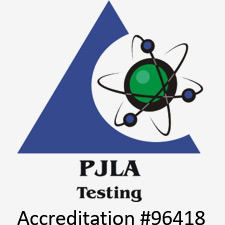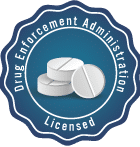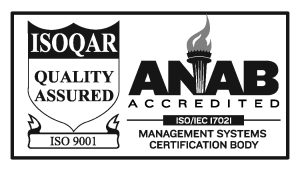Manufacturers are typically subject to a range of far-reaching regulations established by regional and international bodies. Non-compliance can mean the loss of authorization and licensing which could prove fatal to business prospects. However, poor regulatory alignment between different regions means there is often a disconnect in quality from one country to the next.
Good manufacturing practices (GMP) are formal standards established by different regulators around the world, with the goal of setting a minimum benchmark of quality assurance and control (QA/QC) in crucial markets. These include dietary supplements; food and beverages; medical devices; and pharmaceuticals. These apply to both commercial and clinical production facilities.
Setting a consistent standard of validation and production that is compliant with GMP regulations empowers manufacturers to deliver high-quality goods with every batch. But what do GMP regulations actually cover?
Main Guiding Principles of GMP Regulations
GMP regulations are a comprehensive set of guidelines for business practices, putting product quality before everything else. It encompasses virtually every single aspect of production that could impact the quality of goods delivered to consumers, from raw materials to staff personal hygiene. This intimidatingly broad scope is often segmented into several key components:
- Personnel: GMP regulations are a set of principles that need to be implemented by people with the right training and qualifications, which is why personnel underpins each and every GMP system.
- Premises: Factories, storage facilities, and so on must all be situated in risk-free environments from a contamination point of view, and all structures should be designed with ease-of-operations in mind.
- Processes: Ensuring thorough QA/QC is another critical component of GMP regulations, mandating robust sampling, specification, and testing of both incoming materials and outgoing finished products as part of an unerring commitment to quality.
- Instrumentation: Instrumentation is maintained in a calibrated or validated state ensuring accurate and precise results are obtained.
- Records: Good documentation is pivotal to any QA process, and is a prerequisite for ensuring compliance with GMP regulations.
This list is not intended to offer an exhaustive outlook of all the major points covered by GMP regulations. Instead, it should serve as a brief overview of their wide scale.
Applications Covered by GMP Regulations
As mentioned, GMP regulations are most relevant to a key set of markets that directly impact human health. The US Food and Drug Administration (FDA) governs the GMP standards of food contact material manufacturers, for instance, ensuring that all packaging materials are fit for use as food and beverage containers. Pharmaceutical production and supply chains are also subject to general GMP regulations, just like medical devices.
Jordi Labs & GMP Regulations
Jordi Labs is an experienced analytical testing services provider with a wide range of technologies at our fingertips. We offer industry-leading testing services for regulatory compliance and QA/QC standards that are compliant to our own internal current GMP practices. If you would like to learn more about our thorough commitment to GMP regulations, simply contact a member of the Jordi Labs team today.





